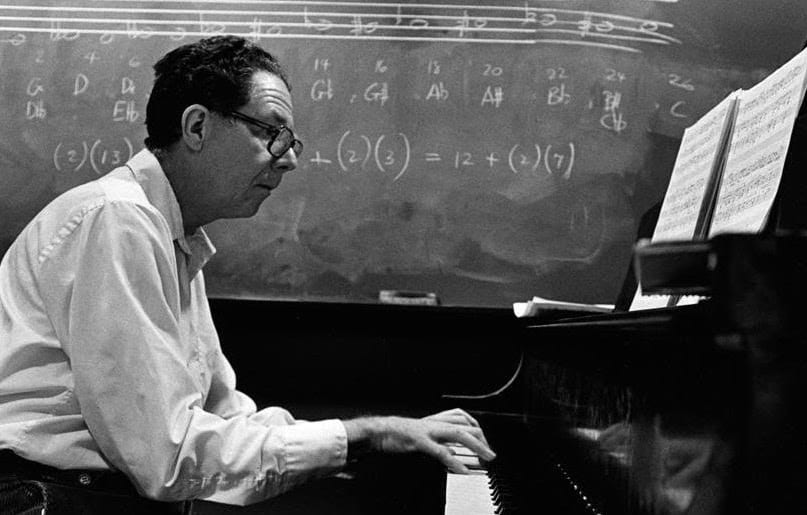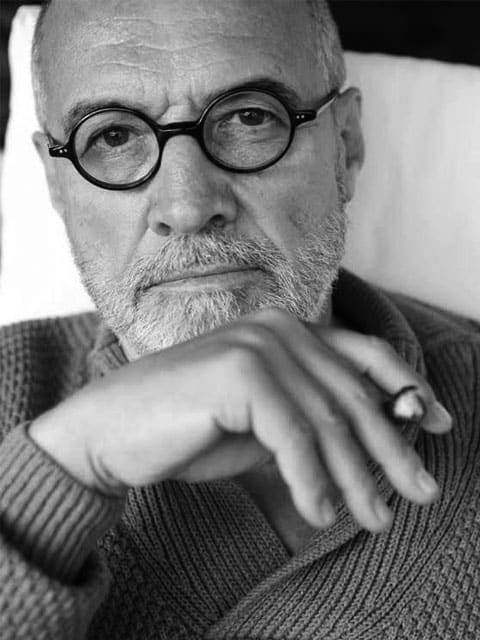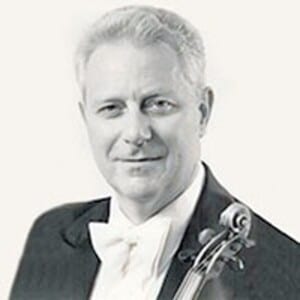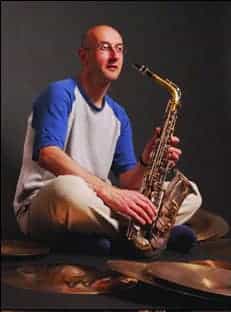Chicago composer dies, 89
RIPChicago Pro Musica has announced the death of its founding pianist, Easley Blackwood.
Indiana born, Easley studied with Messiaen and Hndemith and taught for 40 years at the University of Chicago.
His compositions include 5 symphonies, numerous concertos and Twelve Microtonal Etudes for Electronic Music Media.






I have a recording of the Second Symphony with Szell and Cleveland from 1966. As I remember, rather dense and surprising that Szell would do it. Then again, he didn’t do it again.
Charles Munch and the BSO did a terrific recording of his first symphony for RCA Victor in 1958
Blackwood started out as a dodecaphonist, then morphed into a microtonalist (31-tone, I believe), but after about 1980 he became one of the most retro of composers. Sometimes the results were a bit too arch, e.g. his cello sonata, but his B-flat clarinet sonata and his third string quartet are delightful and moving. I’d been arguing for years for an organization I’m associated with to commission him, but alas too late now. RIP.
The only equal temperaments he used were from 12 to 24. I’m sorry he didn’t complete anything (it seems) after about 2011.
maybe AI can come up with something interesting with his 31 tones, not sure he has made his case with his compositions
I owe my adult-life-long love affair with classical music to Easley Blackwood. In 1974, I took Intro to Music for non-majors from him at the University of Chicago. All I thought I knew about him was that he was the inventor of the Blackwood Convention in bridge, but that, it turned out, was his father. Professor Blackwood made it clear the first day that he had no interest in typical Intro courses that hop-skipped over millennia of music — my impression was he rather resented having to teach the class at all. His Intro course would focus instead on classical sonata form as developed in the piano sonatas of Haydn and Beethoven, with Blackwood demonstrating on the keyboard. It was the best course I ever took — intellectually challenging, mesmerizing, fulfilling — the best preparation for a lifetime of continued learning. I remember him apologizing for not being technically capable of doing justice to the Hammerklavier. The final exam was a harmonic analysis of Beethoven’s Opus 135 quartet. … He came across as quite eccentric. In one class, he rhapsodized about camping in the desert. This struck me, an Easterner who knew only lush landscapes, as the height of academic snobbery. But some years later, when I moved to California and fell in love with Death Valley, I understood what moved him. I owe him a debt of gratitude.
Yet another example of a great artist teaching a completely different lesson to a student. Thanks for sharing this memory.
I met him more than 50 years ago and discussed his use of ETs with him often when he was working on the etudes and after. I also taught some of the etudes in analysis classes. My 3rd String Quartet is dedicated to him, although it’s unplayable, being in 35-EDO—that tuning partly because he felt that was an impossible one to write in.
Although he could be argumentative or disagreeable, he was never less than politely so. Despite our differences, we always got along, and I admired him greatly. I’ve often said that his 2nd, 3rd, and 4th symphonies would make one fine CD, but that’s another story. None has been recorded, and I’m unaware of a complete performance of any after the initial hearings in respectively 1961, 1965, and 1978.
Those first performances were 1961, 1965, and 1978. I had remembered the years of composition instead.
http://www.bruceduffie.com/blackwood.html
Here’s another interesting interview originally on WNIB Classical 97 in Chicago with Bruce Duffie, but now with many more getting transcribed, and many by me, for the archives of Northwestern University.